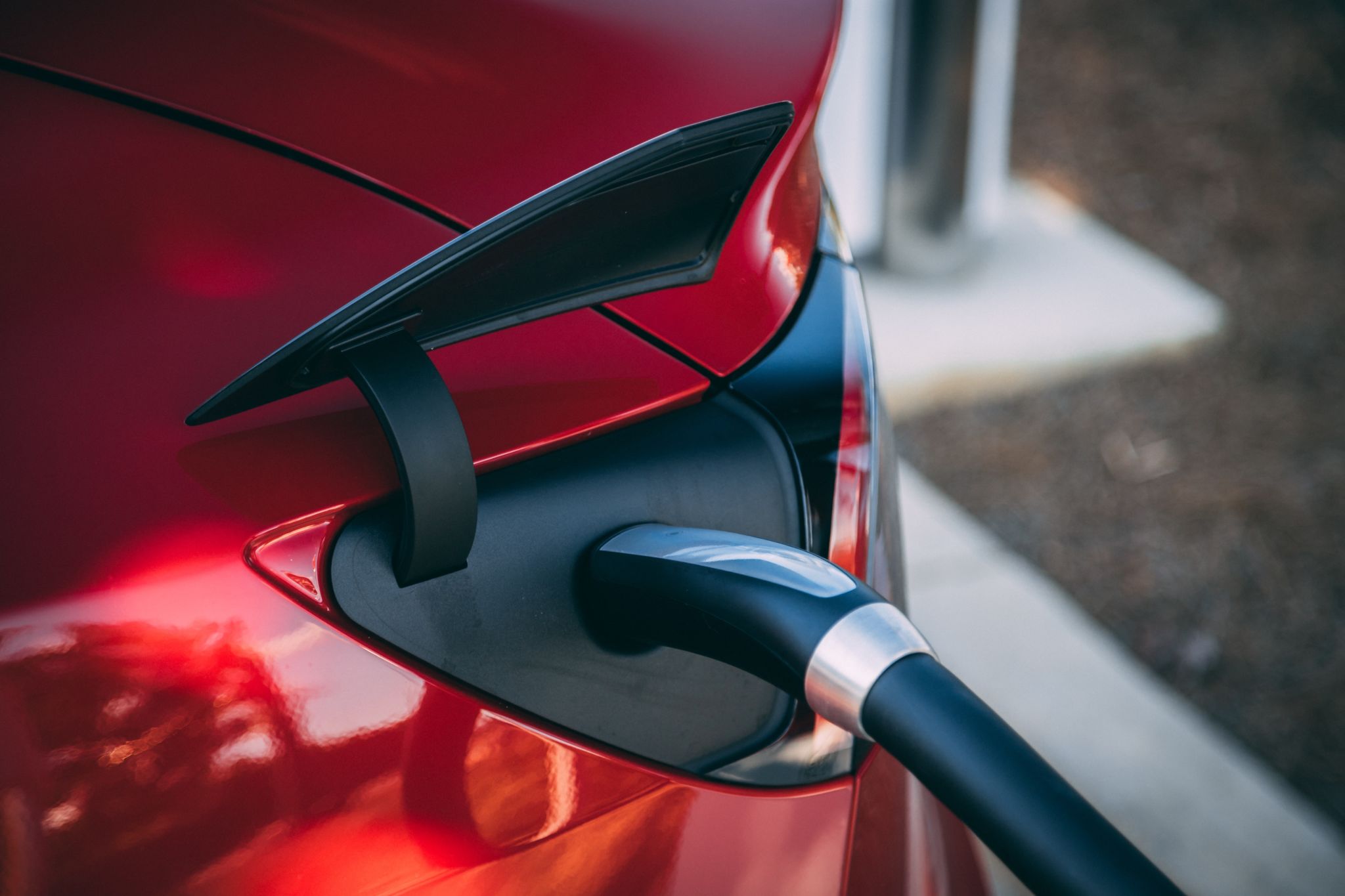Global demand for lithium, cobalt, nickel, and the other components of electric car and truck batteries is expected to skyrocket as more countries and automakers commit to making all new vehicles electric. As this demand grows, so does our responsibility to minimize the local environmental, equity, and human rights impacts from mining the materials needed for these batteries. Rising battery demand is also spurring initiatives to improve how they are made, how much they can be recycled, and how long they will last. Combined, these innovations could create a nearly circular and responsibly-sourced battery economy that can meet the accelerating shift to electric transportation.
Rising battery demand is spurring billions in investment to improve how batteries are made, how much they can be recycled, and where they can be reused.
- Battery recycling could reduce how much new minerals are needed for the shift to electric vehicles by as much as 55 percent by 2040 — helping create a more circular and responsible battery economy that can meet the accelerating shift to electric transportation.
- Next generation energy storage available in the next several years can provide 2 to 10 times the energy density of today’s batteries, allowing smaller batteries with less minerals to perform as well as today’s batteries.
- EVs batteries can also be used for other applications — like for home energy storage or secondary storage for electrical grids — long after they’ve been taken off the road. After 10 years of use, a car battery holding 50 kilowatt-hours will retain at least 80% of its capacity.
Electric vehicle and battery supply chains must address their impacts and be held to a higher standard amid ongoing equity, human rights, and environmental issues for frontline communities.
- Some lithium-rich sites, like Nevada’s Thacker Pass, are located on historic Indigenous lands, and Indigenous communities are often excluded from the benefits of the industry even when lithium is mined on their lands.
- Without strong standards, mining can harm local environments: in the U.S., hardrock mines have contaminated an estimated 40 percent of the Western watersheds used for drinking water.
- Advocates and communities have clearly laid out what the federal government needs to do to respect the sovereignty of tribal nations and prevent mining in special areas. The reforms being called for will protect sacred places, cultural resources, iconic locations, lands and wildlife while providing clarity to the mining industry on places that are inbounds for new operations.
- Bills currently before Congress would reform the domestic mining industry and protect communities and environments, while also allowing for more domestic battery and electric vehicle manufacturing. Domestic mining reform must include strong environmental protections, fair royalties, meaningful community engagement, land-use planning, and clean up.
The shift to EVs creates an opportunity to reshape global supply chains in more just and responsible ways.
- Analysts project the battery mineral industry could become a $10 trillion investment opportunity over the next three decades, driving demand for sustainable supply chains.
- Lithium demand could increase by 26 times by 2050. Demand for graphite, cobalt, and nickel could also increase 100-fold over this period.
- Lithium is abundant and producing it in the U.S. provides an opportunity for domestic economic growth. Current reserves are expected to carry the transition to electric cars and trucks through to the mid-century, and California’s Salton Sea is being eyed for domestic lithium production — and could meet 40 percent of global lithium demand.


